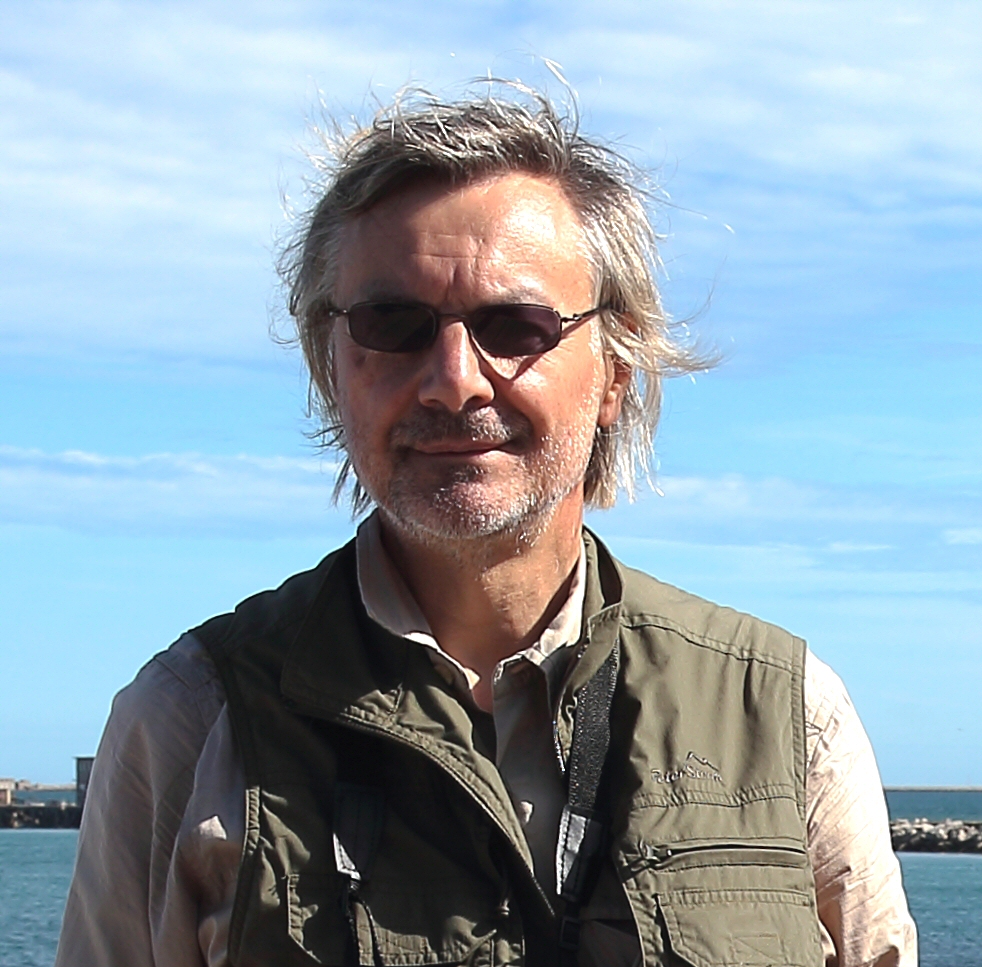
Andrew May
Andrew May holds a Ph.D. in astrophysics from Manchester University, U.K. For 30 years, he worked in the academic, government and private sectors, before becoming a science writer where he has written for Fortean Times, How It Works, All About Space, BBC Science Focus, among others. He has also written a selection of books including Cosmic Impact and Astrobiology: The Search for Life Elsewhere in the Universe, published by Icon Books.
Latest articles by Andrew May
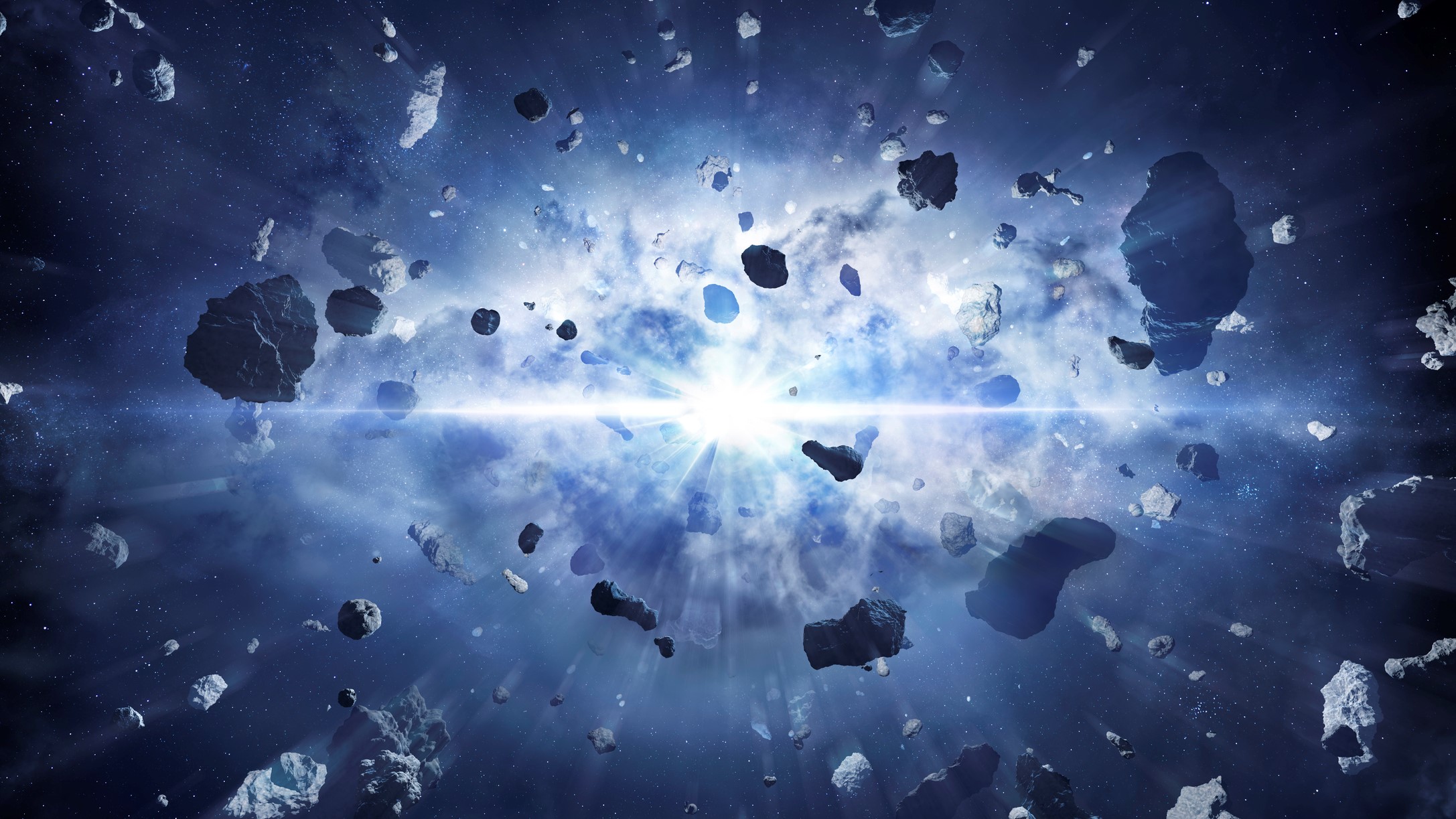
What is the Big Bang Theory?
By Andrew May last updated
Reference The Big Bang Theory explains how the universe began.
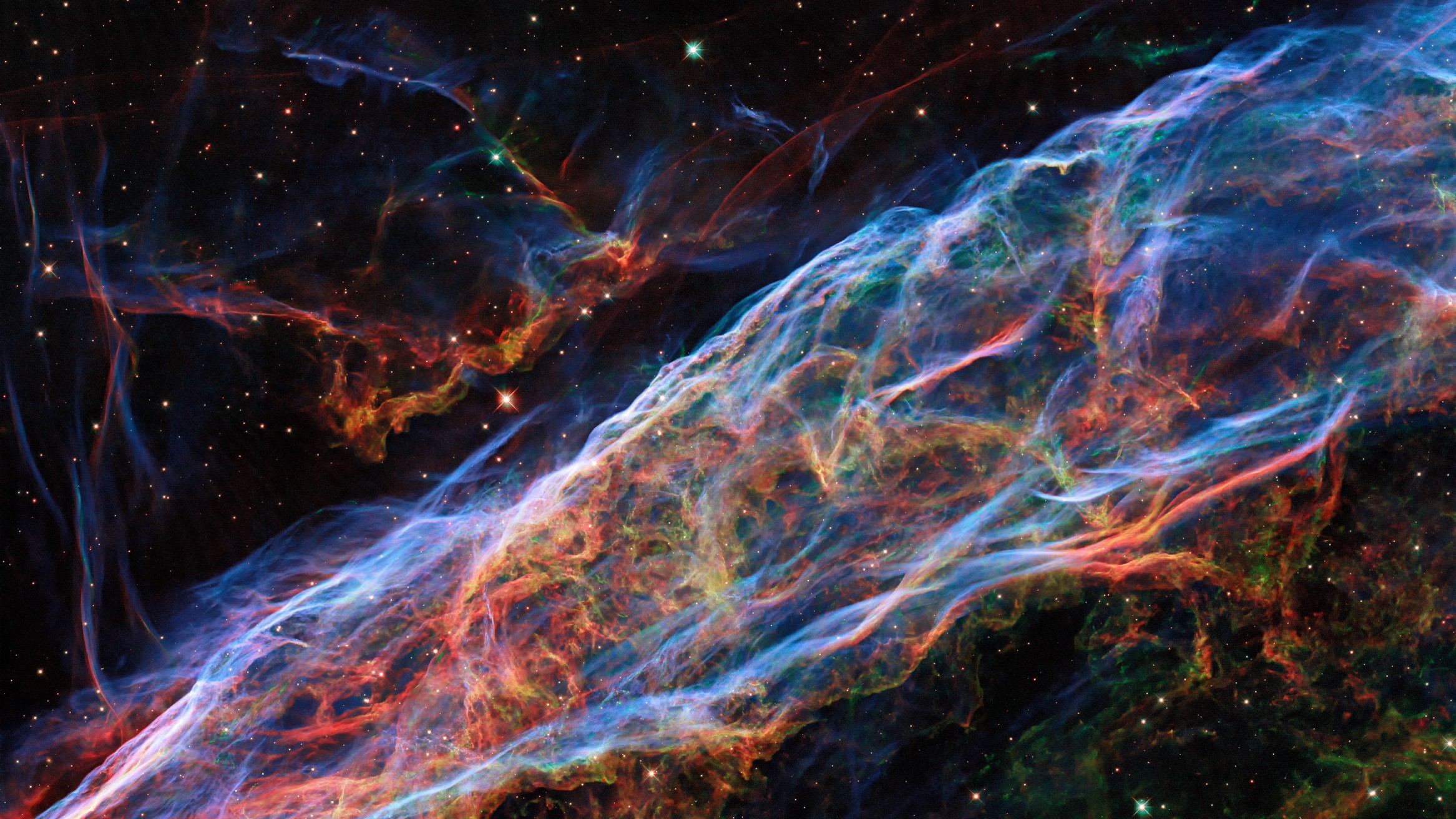
Nebula: Definition, location and variants
By Andrew May last updated
Reference Among the most spectacular sights in the sky, nebula come in a range of different types.
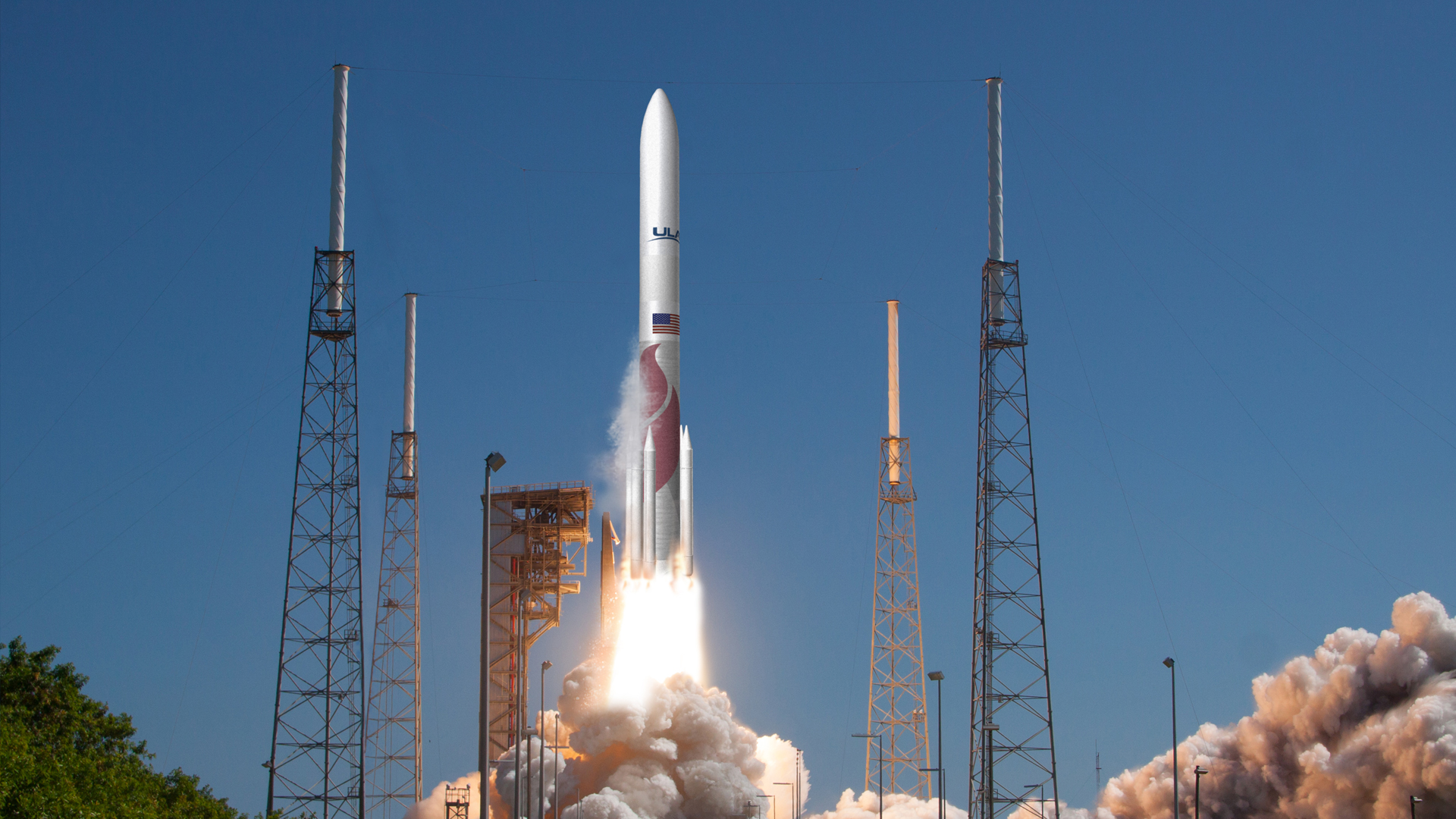
Vulcan Centaur rocket: The space workhorse of tomorrow
By Andrew May last updated
Reference The Vulcan Centaur rocket is United Launch Alliance's new methane-fueled rocket due to launch in late 2023.
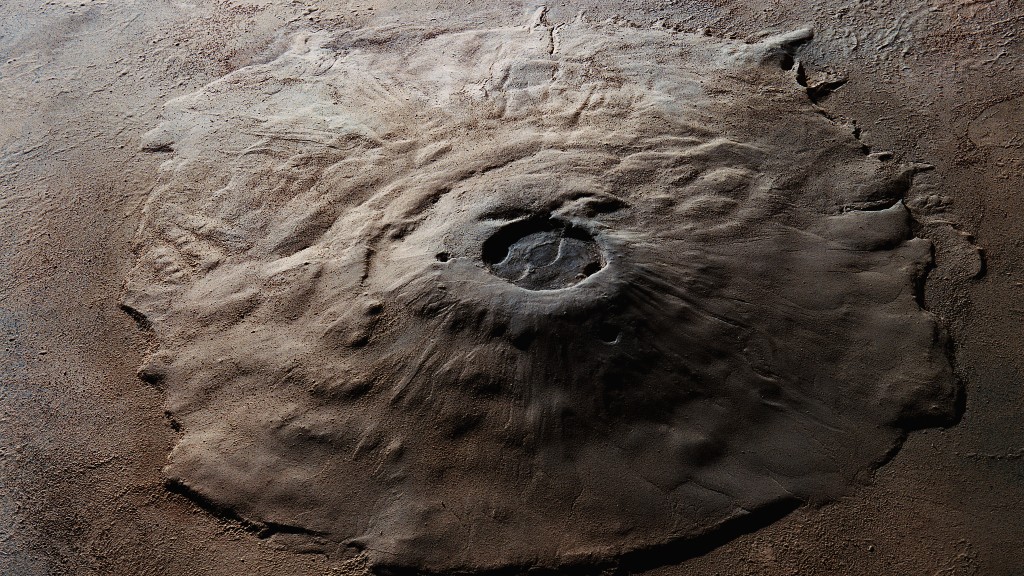
Olympus Mons: The largest volcano in the solar system
By Nola Taylor Tillman last updated
Reference Olympus Mons rises 16 miles above the Martian surface, making it the solar system's tallest volcano.
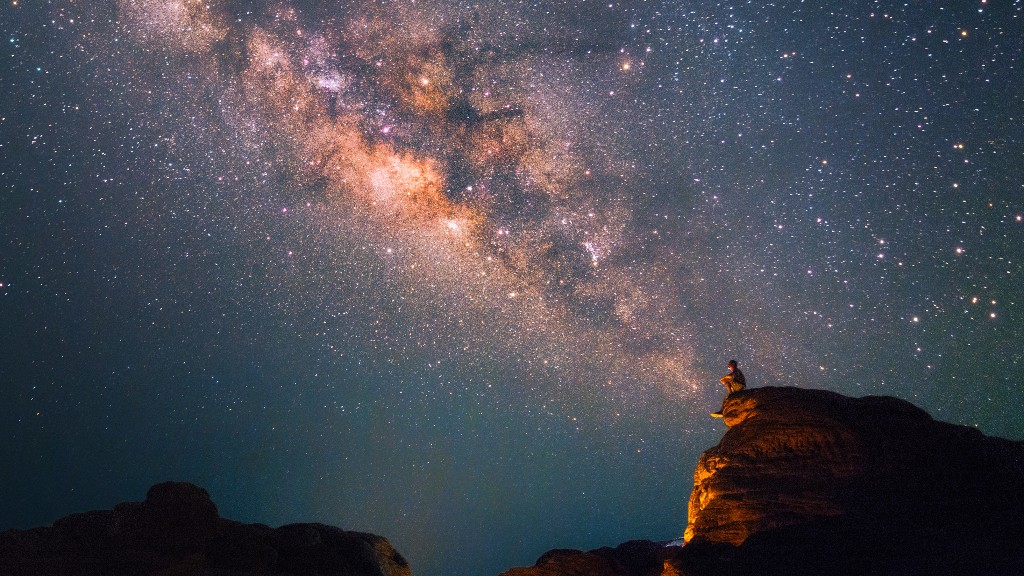
The brightest stars in the sky: A guide
By Andrew May published
Reference Here we explore some of the brightest stars in our night sky. These luminous stars have been a familiar sight to humans since ancient times.

All aboard the Spaceship Neptune: Flying to the edge of space on a balloon
By Andrew May last updated
Reference Spaceship Neptune will launch from NASA's iconic Kennedy Space Center in Florida and send passengers just below the Karman line.
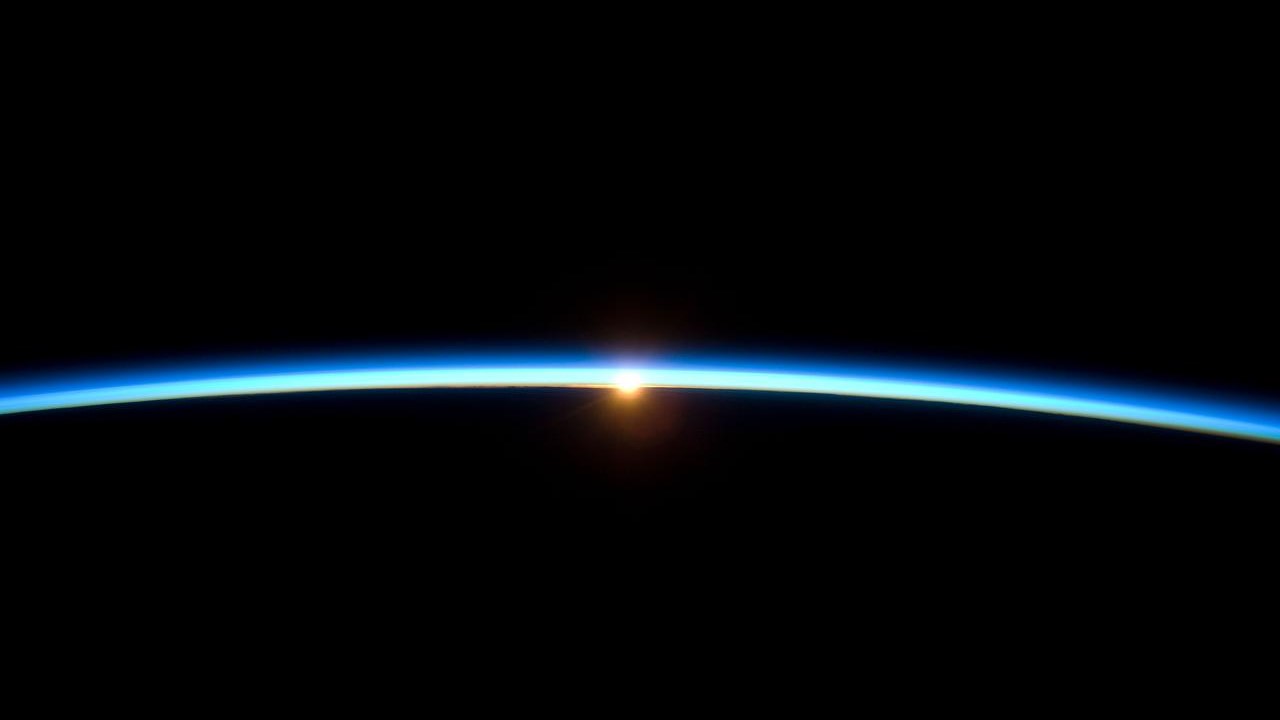
The Kármán Line: Where does space begin?
By Andrew May, Daisy Dobrijevic last updated
Reference The Kármán line is the official boundary between the Earth’s atmosphere and outer space. But defining such a boundary can be tricky.
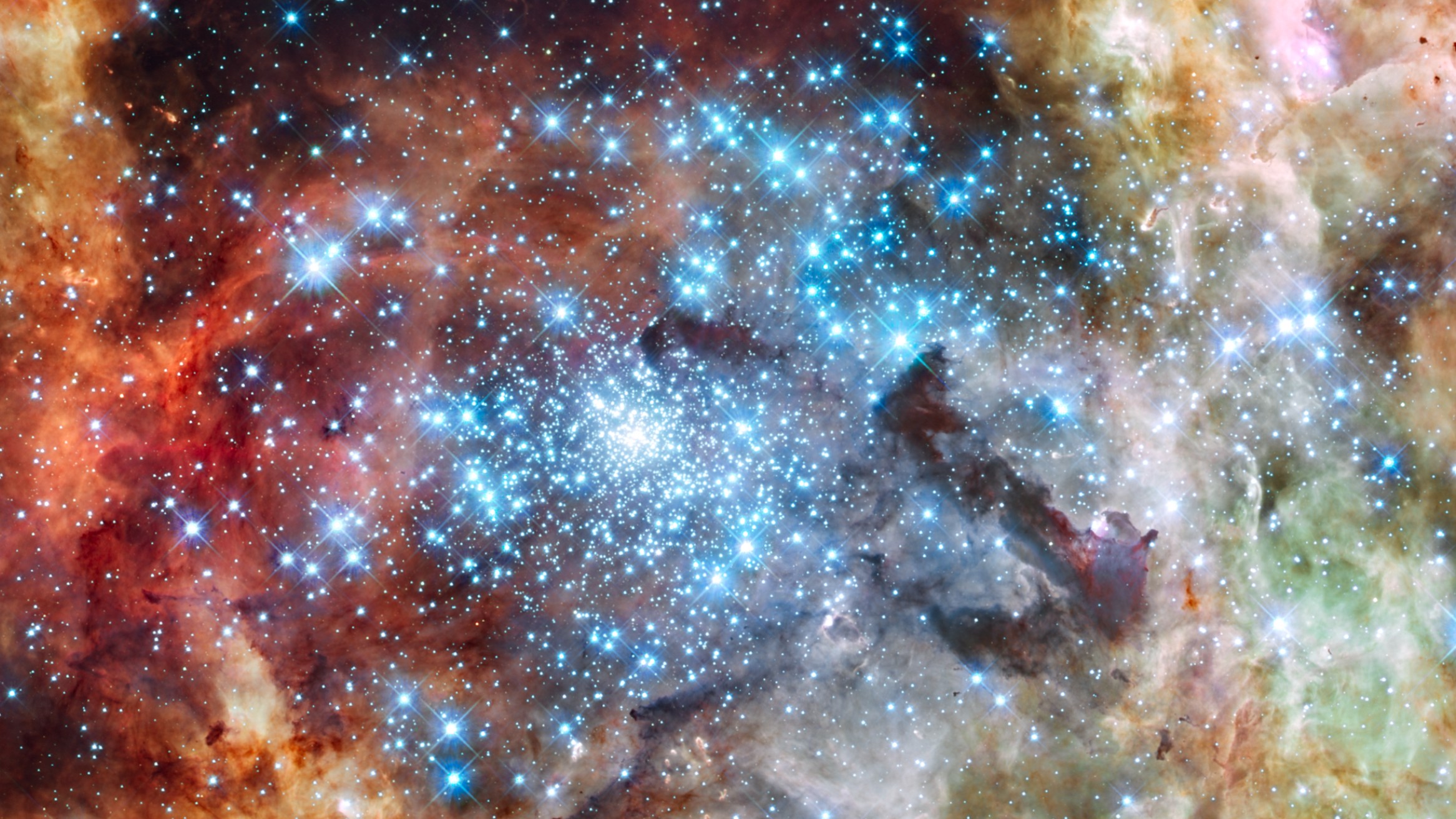
Blue stars: The biggest and brightest stars in the galaxy
By Andrew May published
Reference Blue stars are extreme in every way. They're the hottest, most massive and shortest-lived stars in the universe.

Why is the sky blue?
By Andrew May last updated
Reference The sky is blue and sunsets are red because different colors of light behave differently when they encounter air molecules, known as Rayleigh scattering.

What is a parsec? Definition and calculation
By Andrew May published
Reference A parsec is a standard astronomical measurement that is often misunderstood.
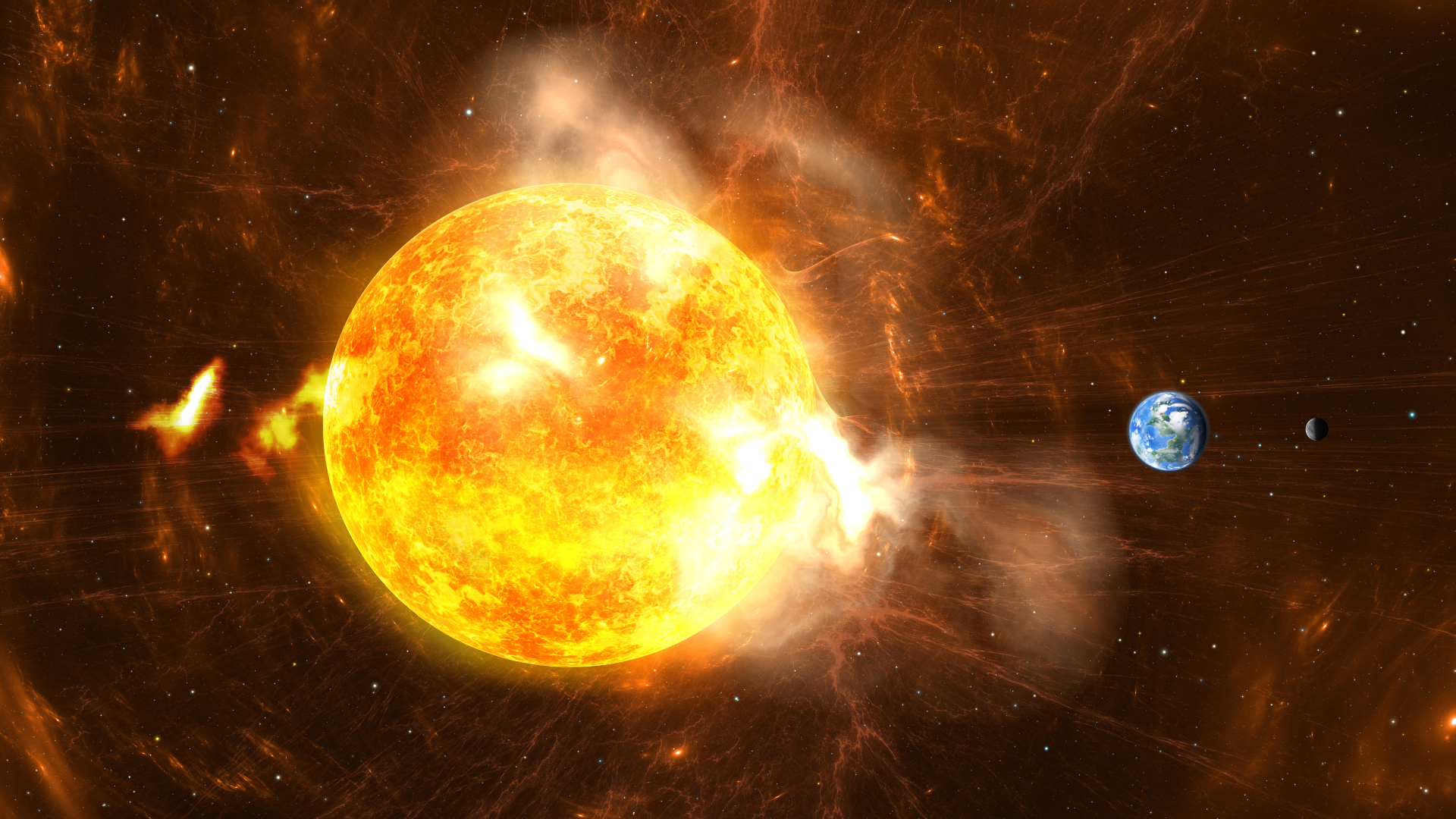
Space weather: What is it and how is it predicted?
By Daisy Dobrijevic, Andrew May last updated
Reference Space weather refers to conditions in the region of space that is affected by the sun. It is tricky to predict and can wreak havoc on the technological world.
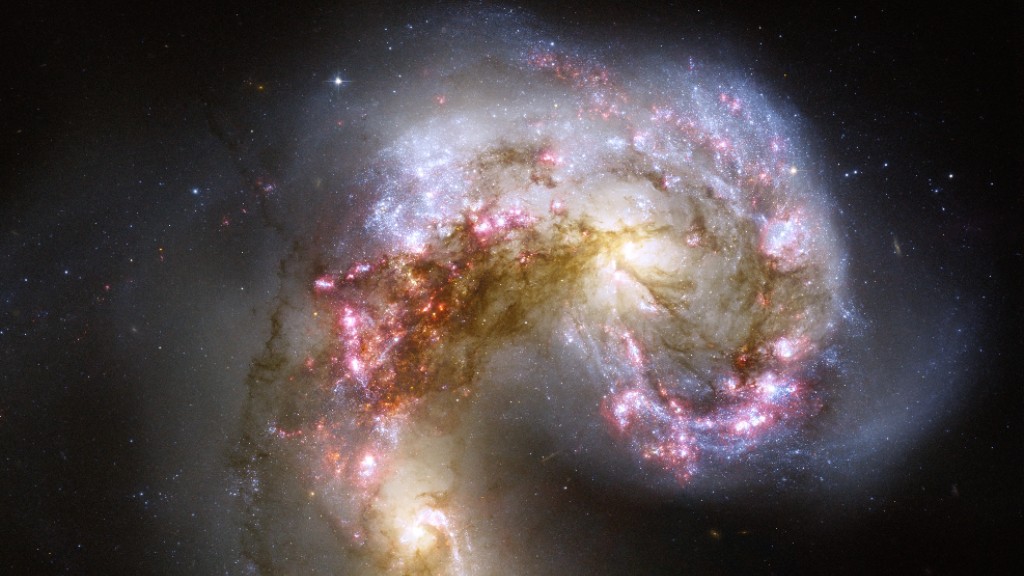
How galaxies form: Theories, variants and growth
By Andrew May published
Reference Our best current theory about how galaxies form involves gravity, dark matter and mergers.
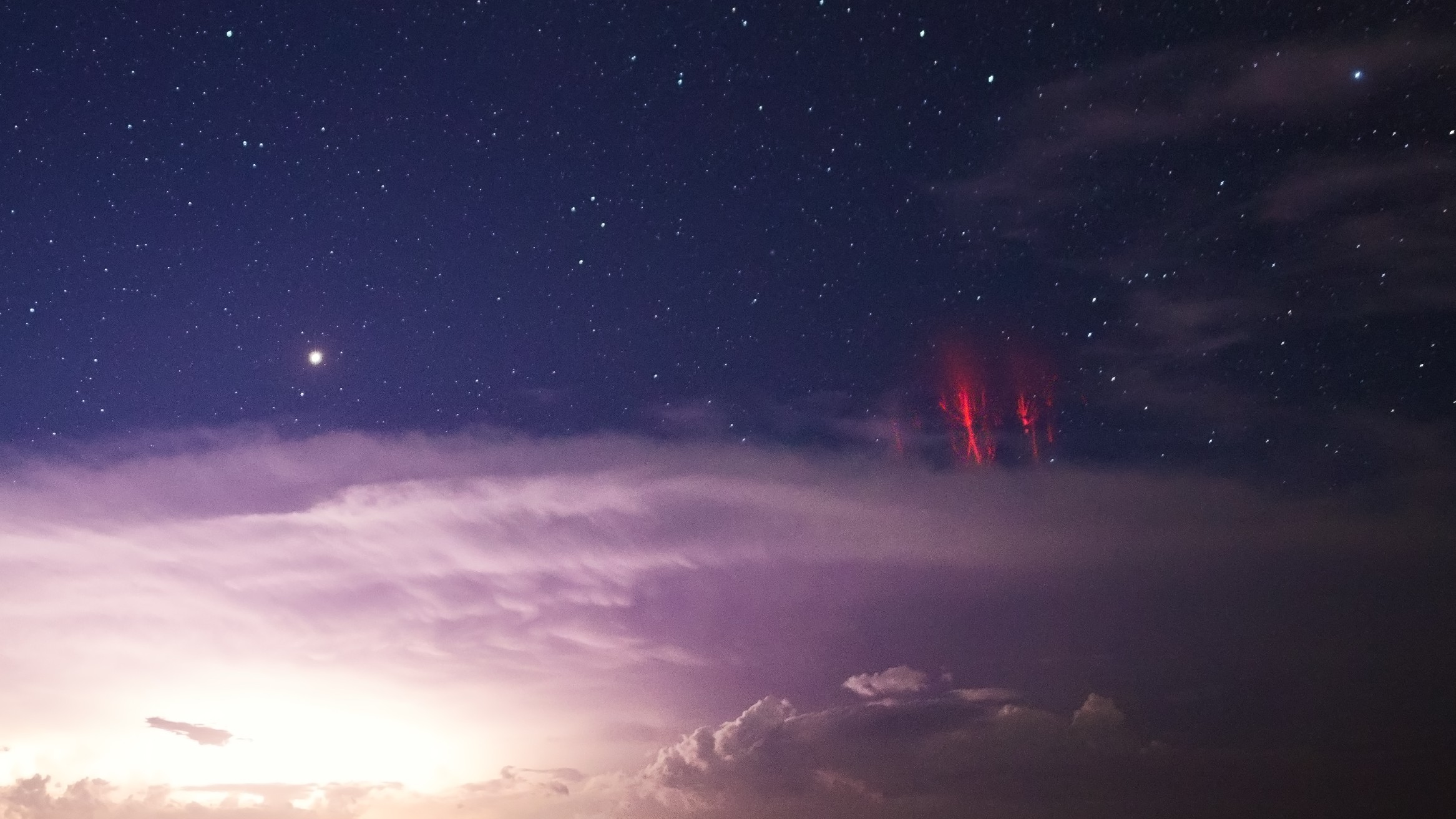
Red lightning: The electrifying weather phenomenon explained
By Andrew May published
Reference All you need to know about the elusive atmospheric phenomena of red lightning, also known as red sprites.
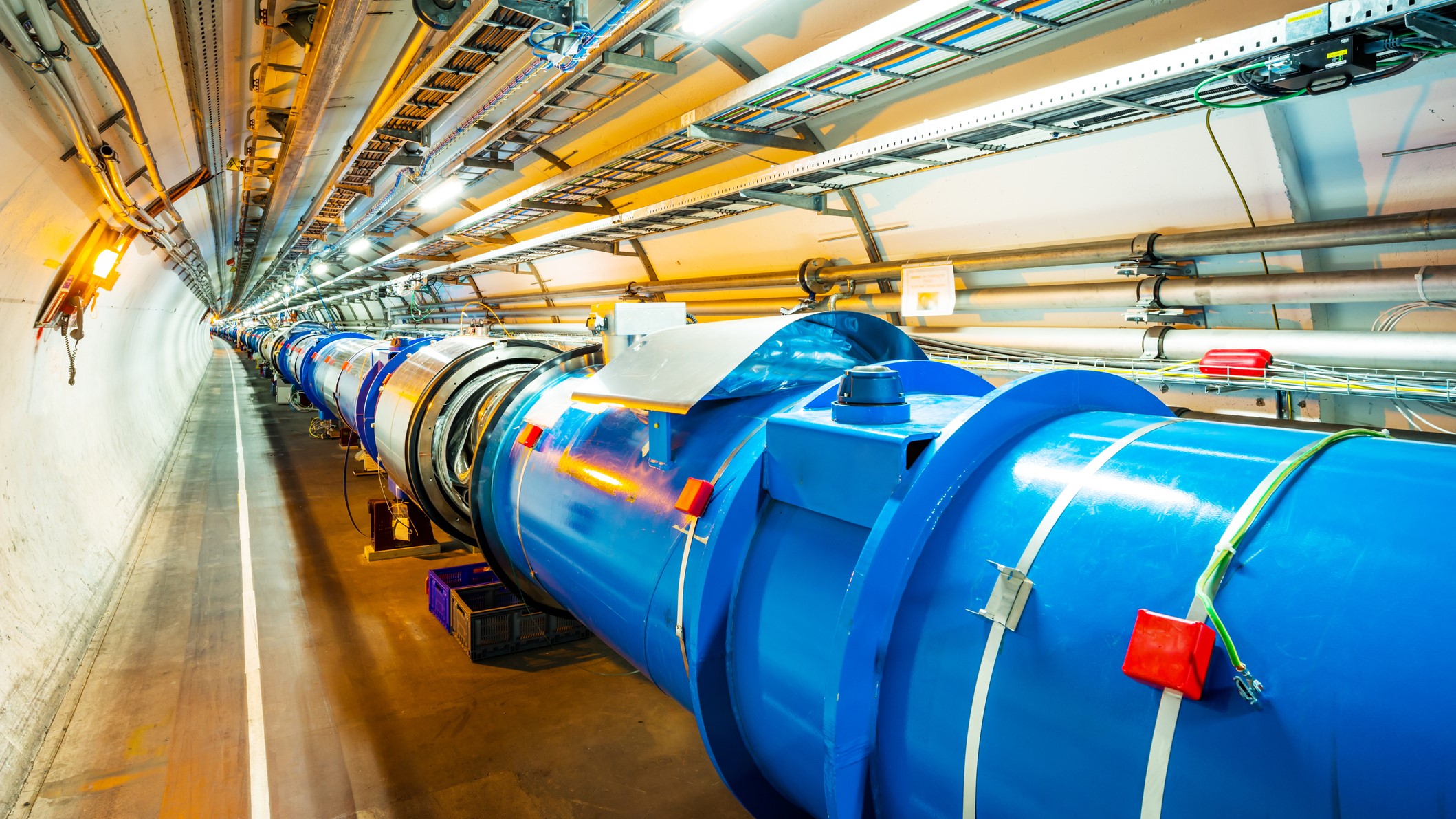
The Large Hadron Collider: Inside CERN's atom smasher
By Andrew May, Daisy Dobrijevic published
Reference The Large Hadron Collider is the world's biggest particle accelerator. It's located at the European particle physics laboratory CERN, near Geneva, Switzerland.
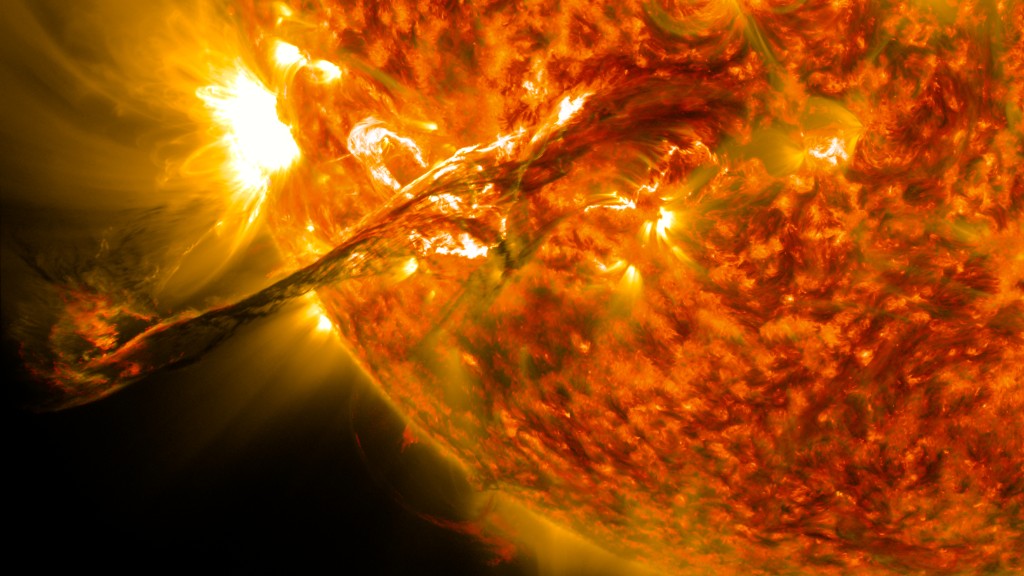
The Carrington Event: History's greatest solar storm
By Andrew May, Daisy Dobrijevic last updated
Reference The Carrington Event took place in September 1859 and is one of history's largest solar storms. Events like this can wreak havoc on our technological world.

How are asteroids, space weather and space debris detected before they hit Earth?
By Andrew May, How It Works magazine last updated
The European Space Agency’s Space Situational Awareness program is tackling the problem on three fronts.
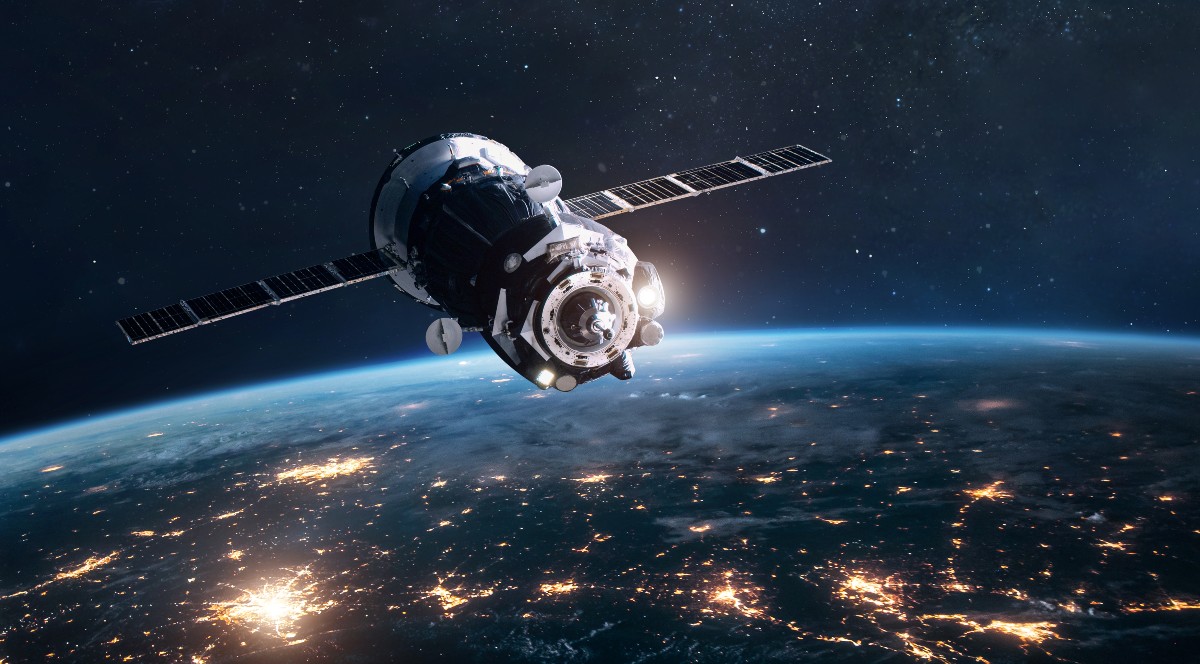
Low Earth orbit: Definition, theory and facts
By Andrew May published
Reference Low Earth orbit is the lowest altitude a satellite can travel around our planet.
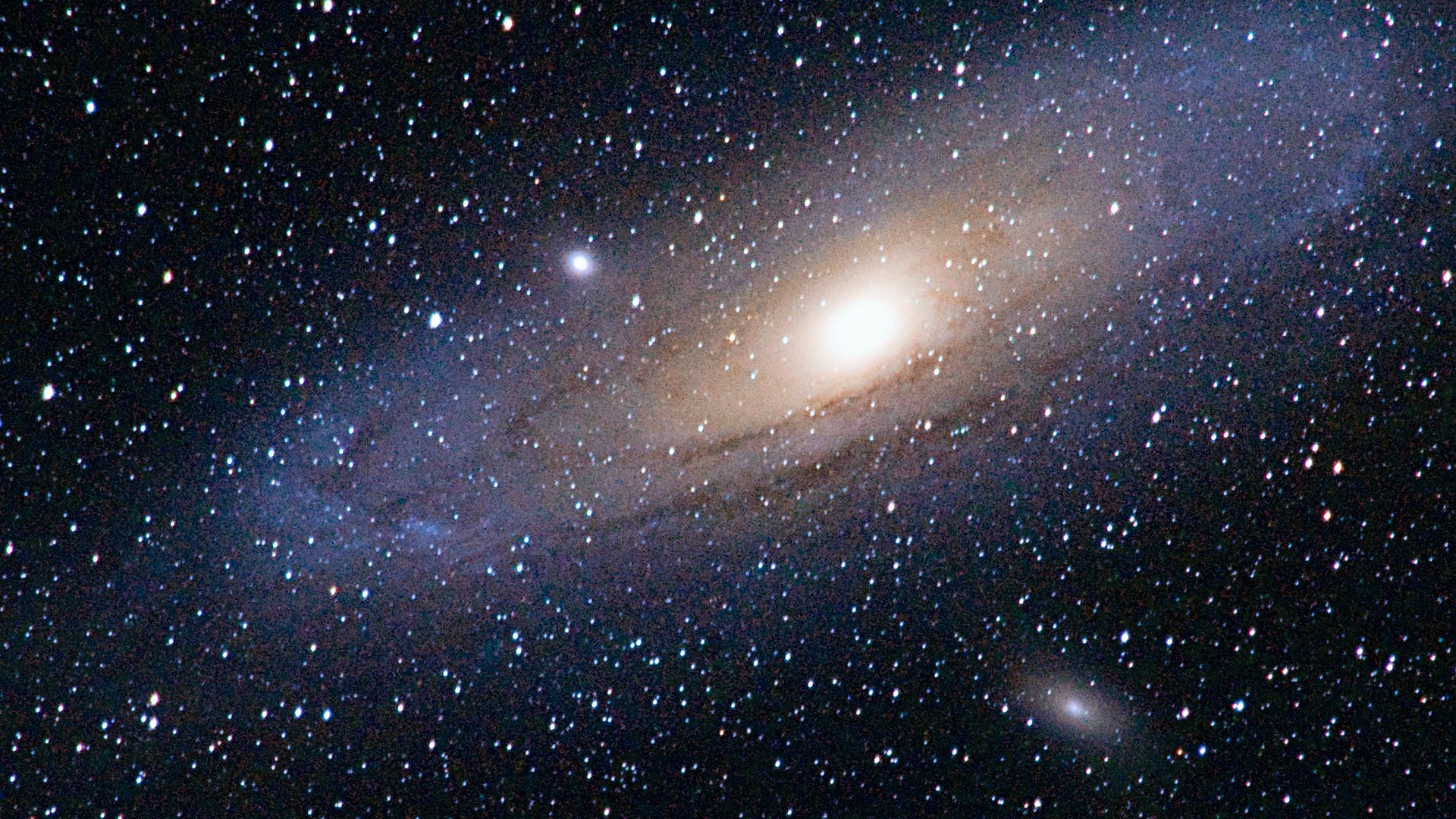
Hubble’s law: Why are most galaxies moving away from us?
By Andrew May published
Reference Hubble’s law tells us that the universe is in a constant state of expansion
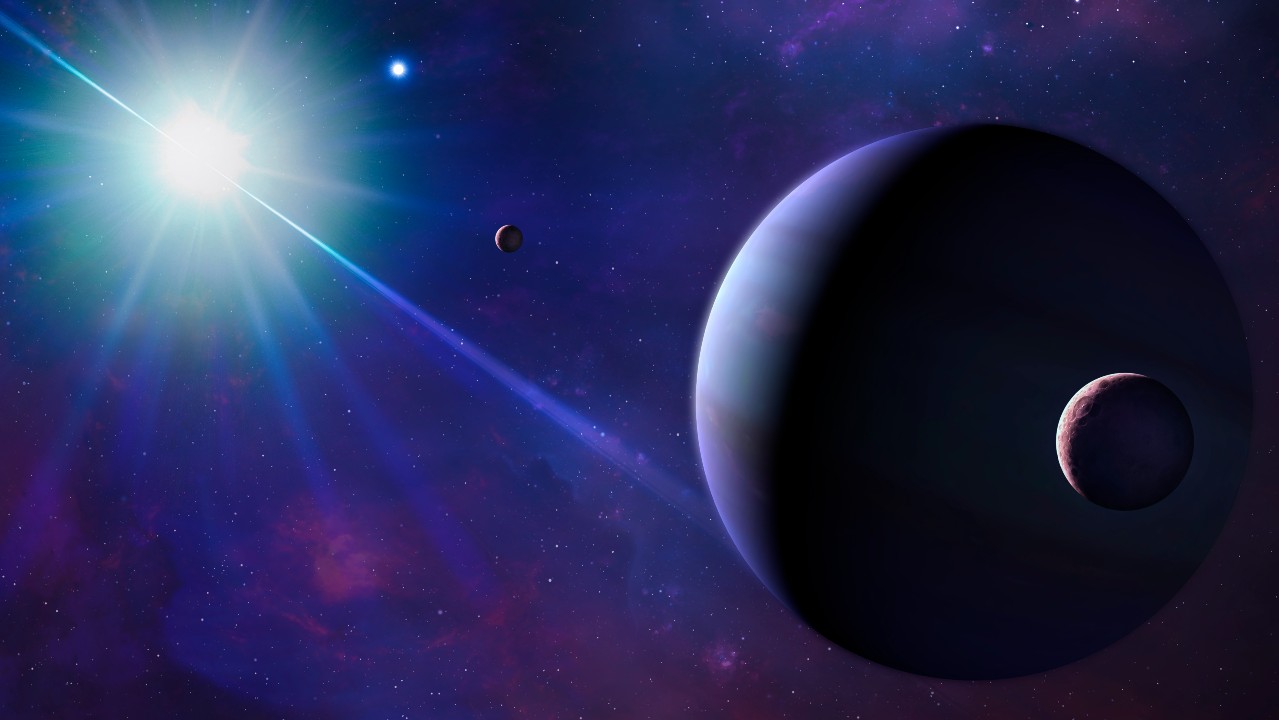
10 amazing exoplanet discoveries
By Andrew May last updated
Reference New exoplanet discoveries have changed what we understand about the universe and now astronomers are finding alien worlds all the time.
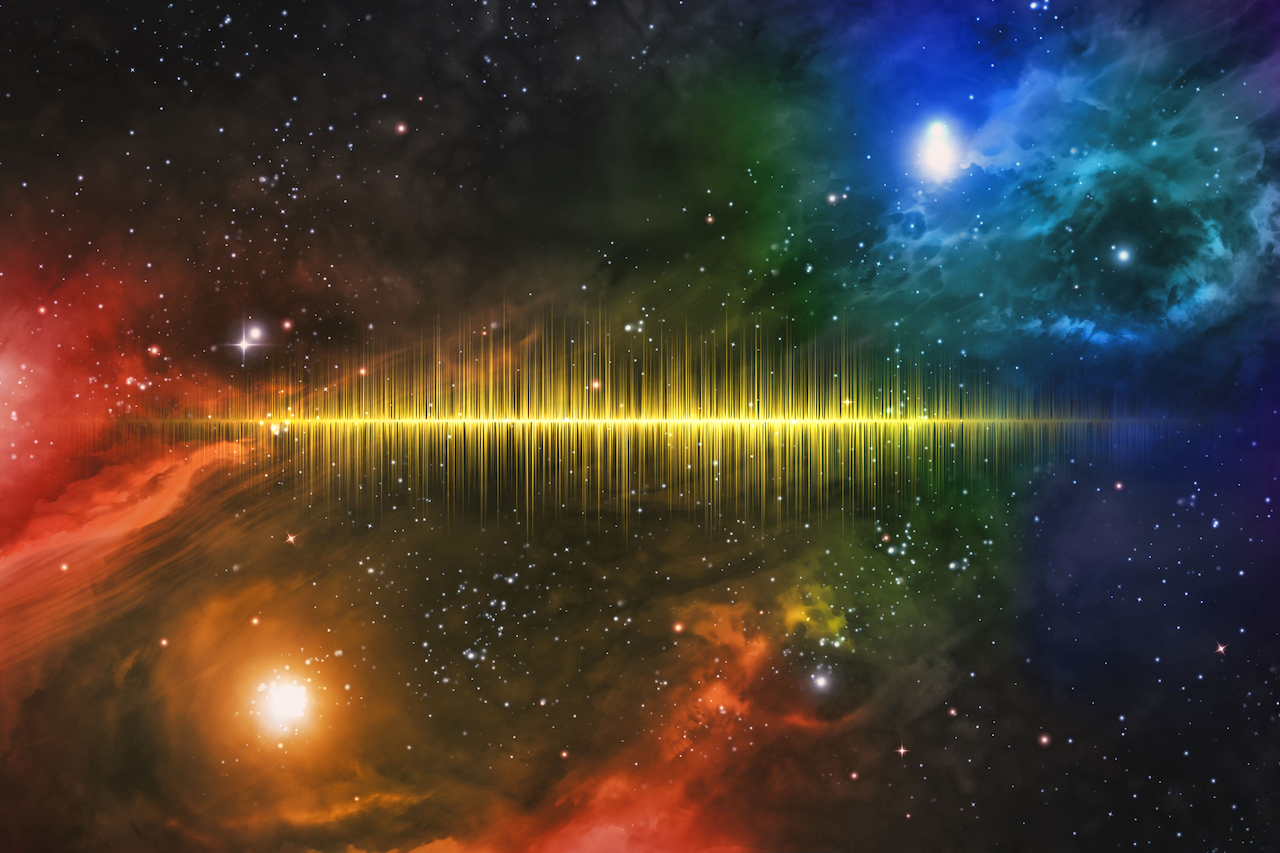
Sounds in space: What noises do planets make?
By Andrew May published
Reference A quick overview of different sounds in space from other planets, as recorded by spacecraft and radio telescopes on Earth.
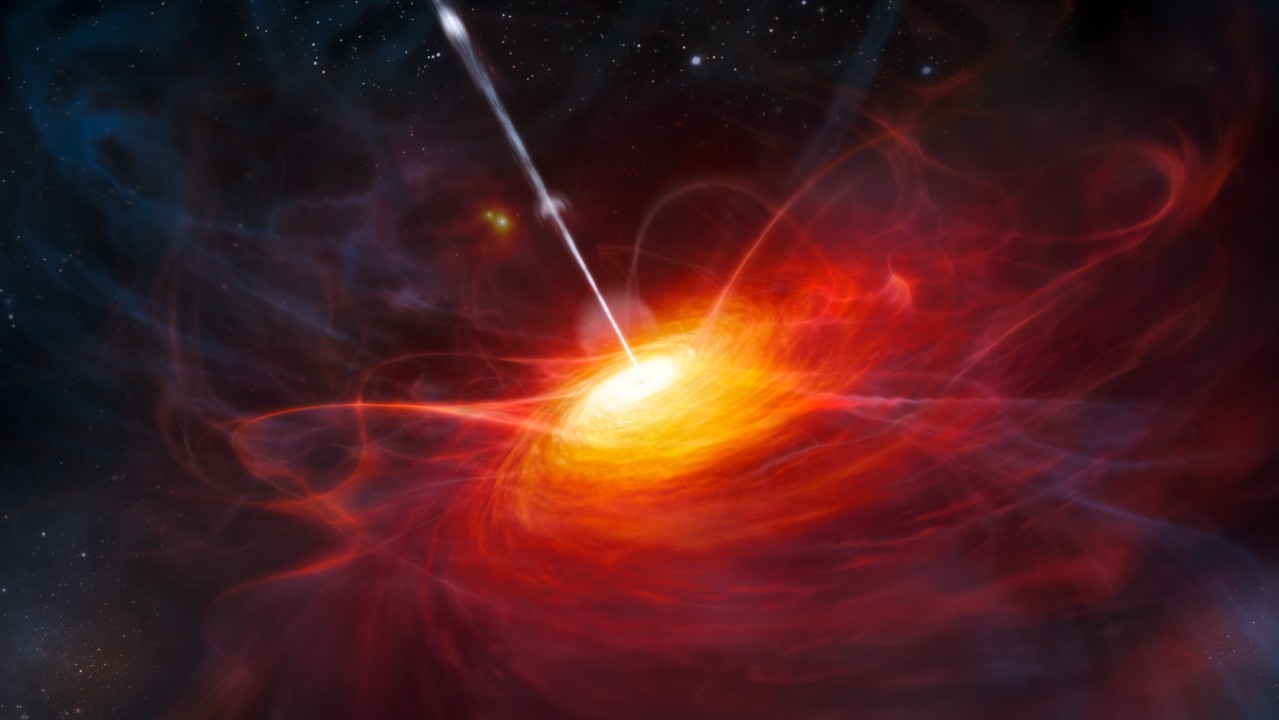
Supermassive black holes: Theory, characteristics and formation
By Andrew May published
Reference What are supermassive black holes and how are they created?
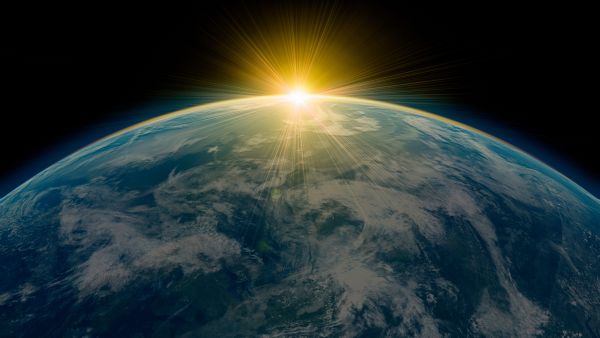
Can we stop Earth from heating up?
By Andrew May, All About Space magazine last updated
A high-altitude balloon mission would investigate a controversial way to reduce global temperatures.

10 wild theories about the universe
By How It Works magazine, Andrew May last updated
Why is the universe the way it is? Over the years, scientists have explored many ways to explain the cosmos, leading to some crazy-sounding ideas.
Get the Space.com Newsletter
Breaking space news, the latest updates on rocket launches, skywatching events and more!


